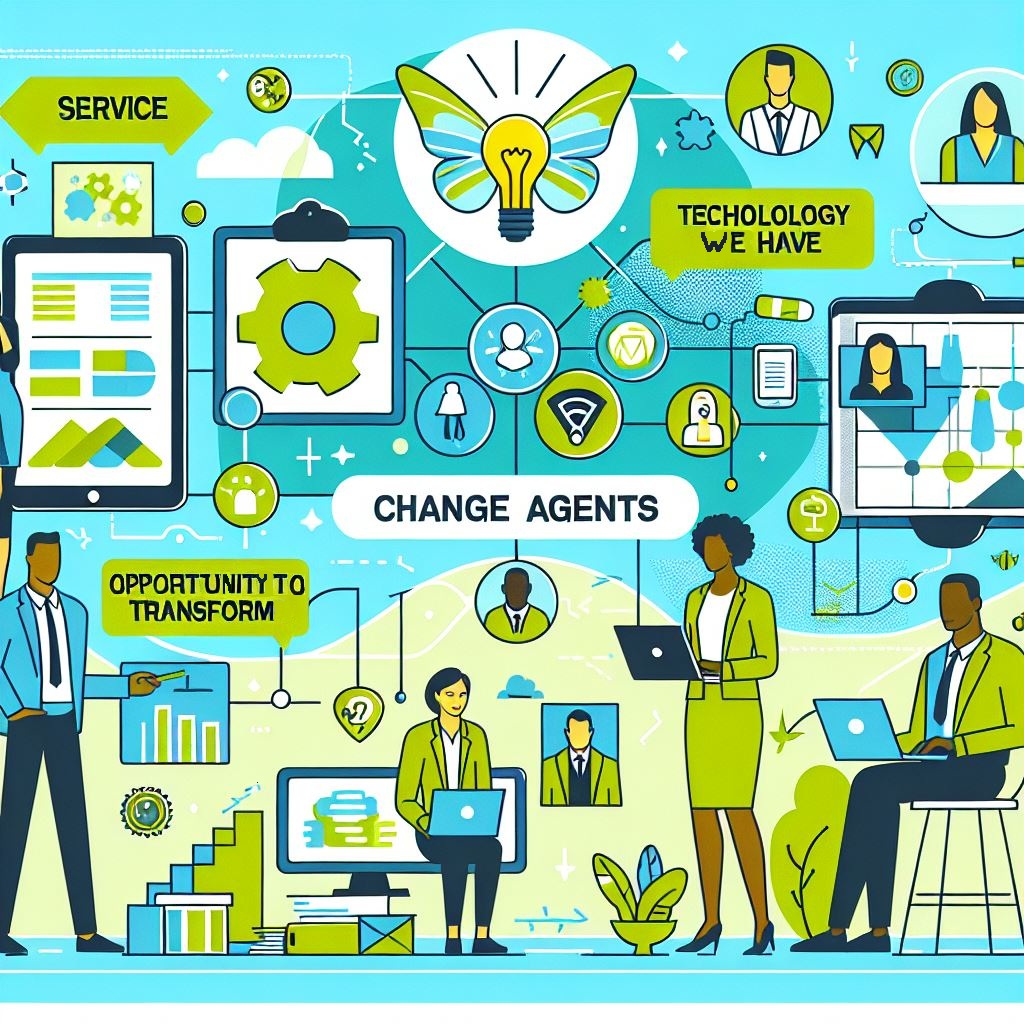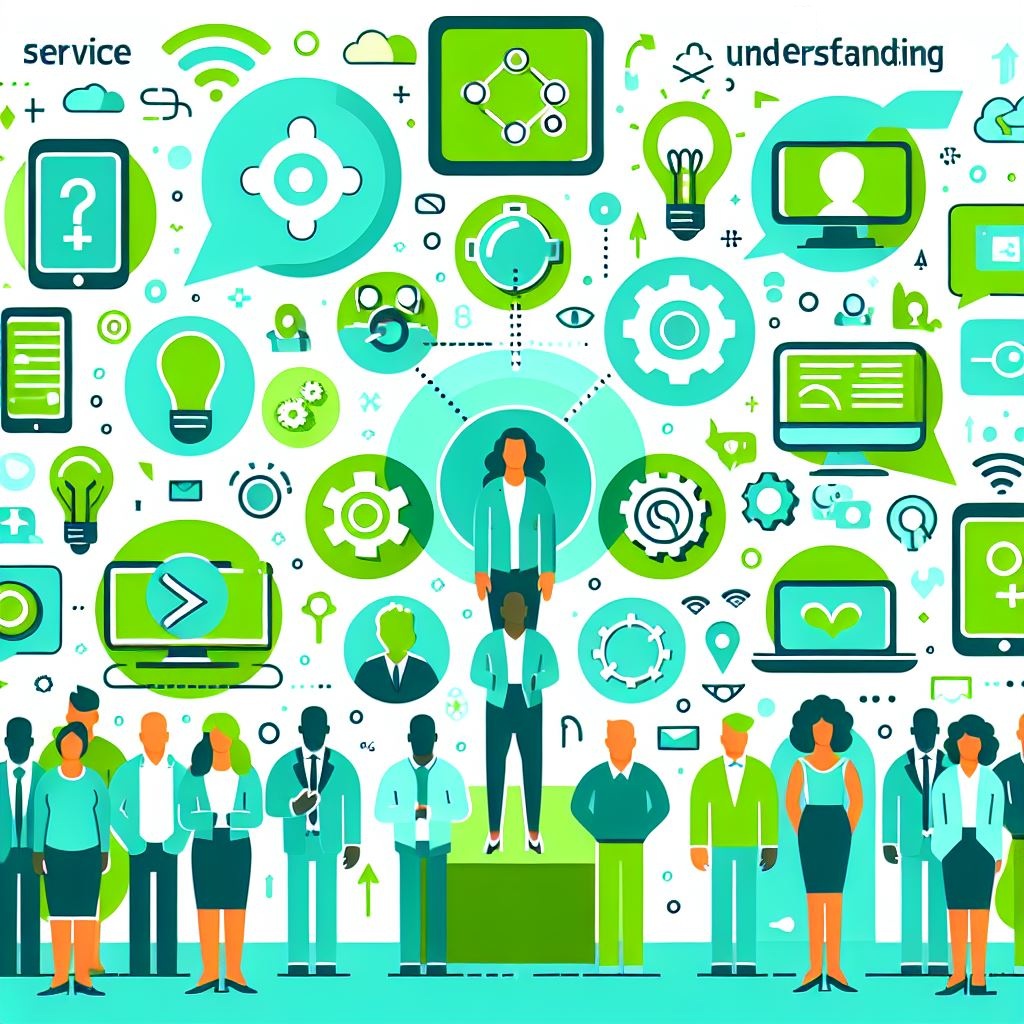Introduction
A Change Agent is an individual or group that facilitates, implements and supports change within an organisation. They are the catalysts; the spark plugs that drive an organization’s transformation engine. In the context of a technology-enabled change and transformation programme, a change agents role in adoption is key.
The Change Agent: A Definition
Change Agents are often leaders who have the conviction and vision to see beyond the status quo and look for better ways to operate and grow. They could be managers or employees who have a unique skill set that combines leadership, vision and a willingness to take risks. They are innovative, persistent and patient, understanding that meaningful change takes time.


The Role of Change Agents in Technology-Driven Transformation
Change Agents play a pivotal role in ensuring the successful implementation of technology-driven transformation programmes. Here is how:
Vision Setting
Change Agents help define the vision for change. They understand the potential of the modern technology and can articulate its benefits in a way that is compelling and relatable to all stakeholders.
Building Consensus
Change Agents are instrumental in building consensus among stakeholders. They bridge the gap between different stakeholder groups and ensure everyone is on the same page regarding the change initiative.
Overcoming Resistance
Resistance to change is a common obstacle in any transformation programme. Change Agents help to overcome this resistance by communicating the benefits of the change, addressing concerns and involving people in the change process.
Training and Support
Change Agents often provide training and support to help individuals adapt to the modern technology. They ensure that everyone has the necessary skills and knowledge to use the new systems effectively.
Change Agents and the Diffusion of Innovation
The concept of Diffusion of Innovation refers to the process by which an innovation is communicated and adopted by members of a social system. Change Agents play a crucial role in this process, particularly through the creation and nurturing of Change Agent Communities.
Change Agent Communities are groups of Change Agents who work together to promote and support the adoption of an innovation. These communities are often characterised by regular communication, shared learning and mutual support. They serve as a platform for Change Agents to share best practices, discuss challenges and develop strategies for promoting the adoption of the innovation.
In the context of a technology-driven transformation, Change Agent Communities can be particularly effective. They can provide a forum for users to share their experiences, learn from each other and collectively overcome any challenges they encounter. This collaborative approach can accelerate the diffusion of the modern technology across the organization, leading to faster and more successful transformation.

Conclusion
In conclusion, Change Agents are a vital component of any successful change and transformation programme. Their role becomes even more significant when the change involves the adoption of modern technology. By creating the vision, building consensus, overcoming resistance and providing training and support, they can ensure that the transformation is successful. Furthermore, by fostering Change Agent Communities, they can accelerate the diffusion of innovation, leading to faster and more effective change. Therefore, any organisation planning a technology-driven transformation should consider the role of Change Agents as a critical success factor.